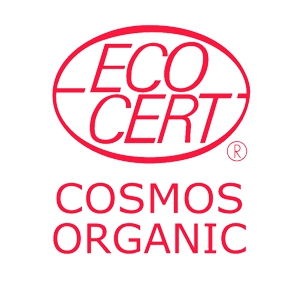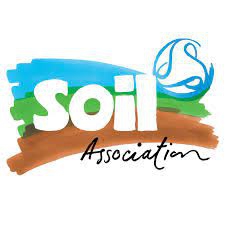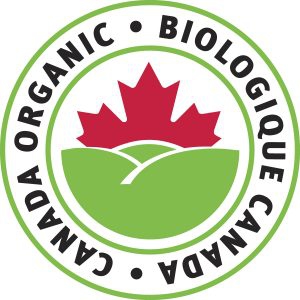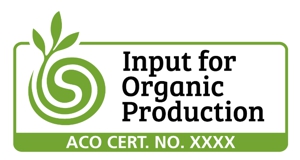Over the last few years the market for natural and organic personal care products has rapidly grown worldwide. While the term "natural" is not regulated the term "organic" can or should be used only if the product has been certified by an authorized certification program. In the US the organic standard has been developed by the National Organic Program (NOP) that was established by the USDA (US Dept. of Agriculture).
USDA's National Organic Program
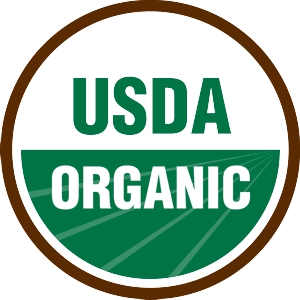
The National Organic Program (NOP) is the federal regulatory framework governing organic food. It was made law in October 2002 and is administered by USDA. The Organic Food Production Act of 1990 required that the USDA develop national standards for organic products. The NOP covers in detail all aspects of food production, processing, delivery and retail sale. Unlike organic foods and beverages, USDA has not created specific organic standards for formulating and labeling personal care products that contain organic ingredients.
If a personal care product contains or is made up of agricultural ingredients, and can meet the USDA/NOP organic production, handling, processing and labeling standards, it may be eligible to be certified under the NOP regulations. Further, the operations which produce the organic agricultural ingredients, the handlers of these agricultural ingredients, and the manufacturer of the final product must all be certified by a USDA-accredited organic certifying agent. For more information on how to get your cosmetics USDA organic certified please visit the
USDA website.
Organic Certification in Other Countries
European Union
The COSMOS Organic Signature Standard is managed by a not-for-profit, international and independent association – the Brussels based COSMOS-standard AISBL. The founding members (BDIH - Germany, Cosmebio - France, Ecocert - France, ICEA - Italy and the Soil Association - UK) continue to bring their combined expertise to the continuous development and management of the COSMOS-standard. The organic certification is based on the international COSMOS standard or the private ECOCERT standard which allows you to label your products as certified organic. For more information on how to get your cosmetics COSMOS/ECOCERT organic certified please visit the
COSMOS website.
United Kingdom
The standards for organic beauty products are based on the food standards. This means if an ingredient is available organically, it must be used. The remaining ingredients must meet strict criteria to ensure that they are not damaging to the health or the environment. Soil Association approves products formulas and labels and inspects the manufacturing facility annually. For more information on how to get your cosmetics organic certified in the UK please visit the
Soil Association website.
Canada
In Canada, certification was implemented at the federal level on June 30, 2009. Mandatory certification is required for agricultural products represented as organic in import, export and inter-provincial trade, or that bear the federal organic logo. Only products that use at least 95% organic materials in production are allowed to bear the Canadian organic logo. Products between 70-95% may declare they have xx% of organic ingredients, however they do not meet requirements to bear the certified logo. For more information on how to get your cosmetics organic certified in Canada please visit the
Organic Council Canada website.
Australia
The Australian Certified Organic Standard is the rule book for businesses that are certified organic with Australian Organic’s certifying arm, Australian Certified Organic. As one of the strictest standards in Australia, the Australian Certified Organic Standard brings together the requirements of national and international relevant standards so consumers have a simple choice when buying organic produce. For more information on how to get your cosmetics organic certified in Australia please visit the
Australian Certified Organic website.

